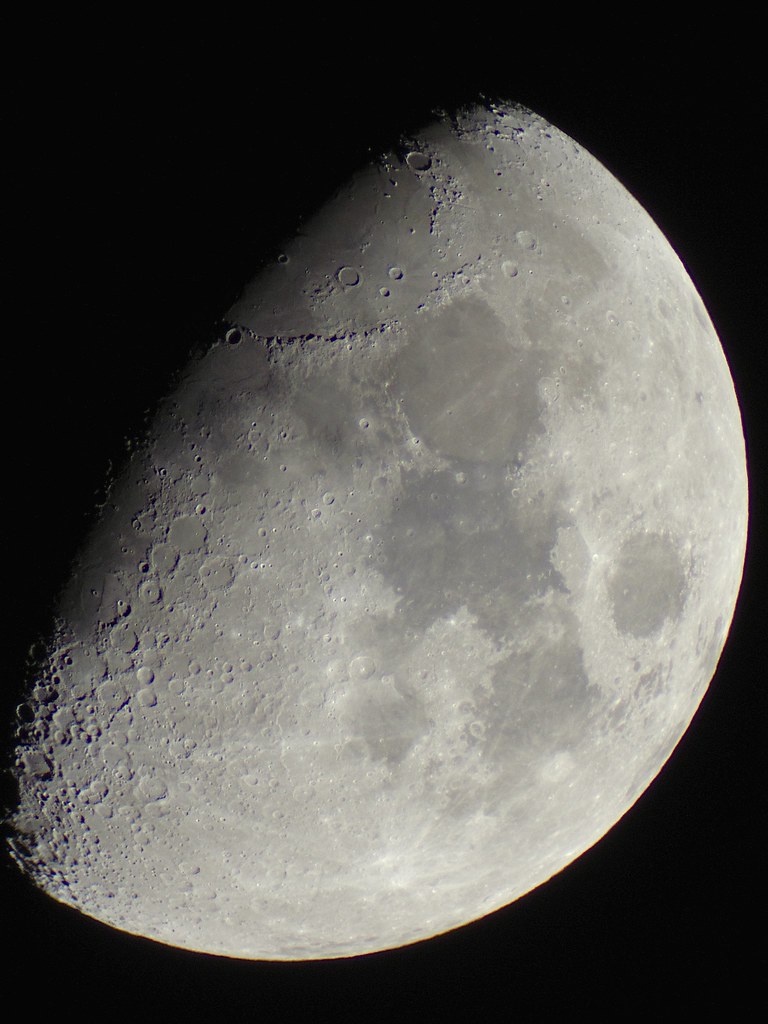 Originally posted by soycory
Originally posted by soycory 
Is there a difference in a 600mm telescope and 600mm lens? If I want to try some astrophotography would one produce a better result all other factors considered? A telescope is basically a telephoto lens with an eyepiece vs. a camera correct?
Dollar for dollar you're going to be able to gather more light more accurately with a good telescope. You can purchase some telescope focusers which have software designed to change focus with temperature and camera lenses do not. On top of that you can find extremely fast or long focal ratio telescopes which would be prohibitively expensive as camera lenses. You can also cool down a telescope and control tube currents in order to limit distortions caused by heat waves and air currents.
The plus side of a camera lens for wide field astrophotography is that the setup time is quicker than with a telescope. The downside is that the camera lens is not as versatile for stellar photography as a real astrograph.
By the way I should mention I own eight telescopes and built my own 4.5" astrograph just for taking pictures of satellites.
obin



 Similar Threads
Similar Threads 





 and you can use your camera in place of an eyepiece (prime focus). The IQ difference is very noticeable.
and you can use your camera in place of an eyepiece (prime focus). The IQ difference is very noticeable. 








 Post #15 by mechmike10
Post #15 by mechmike10








